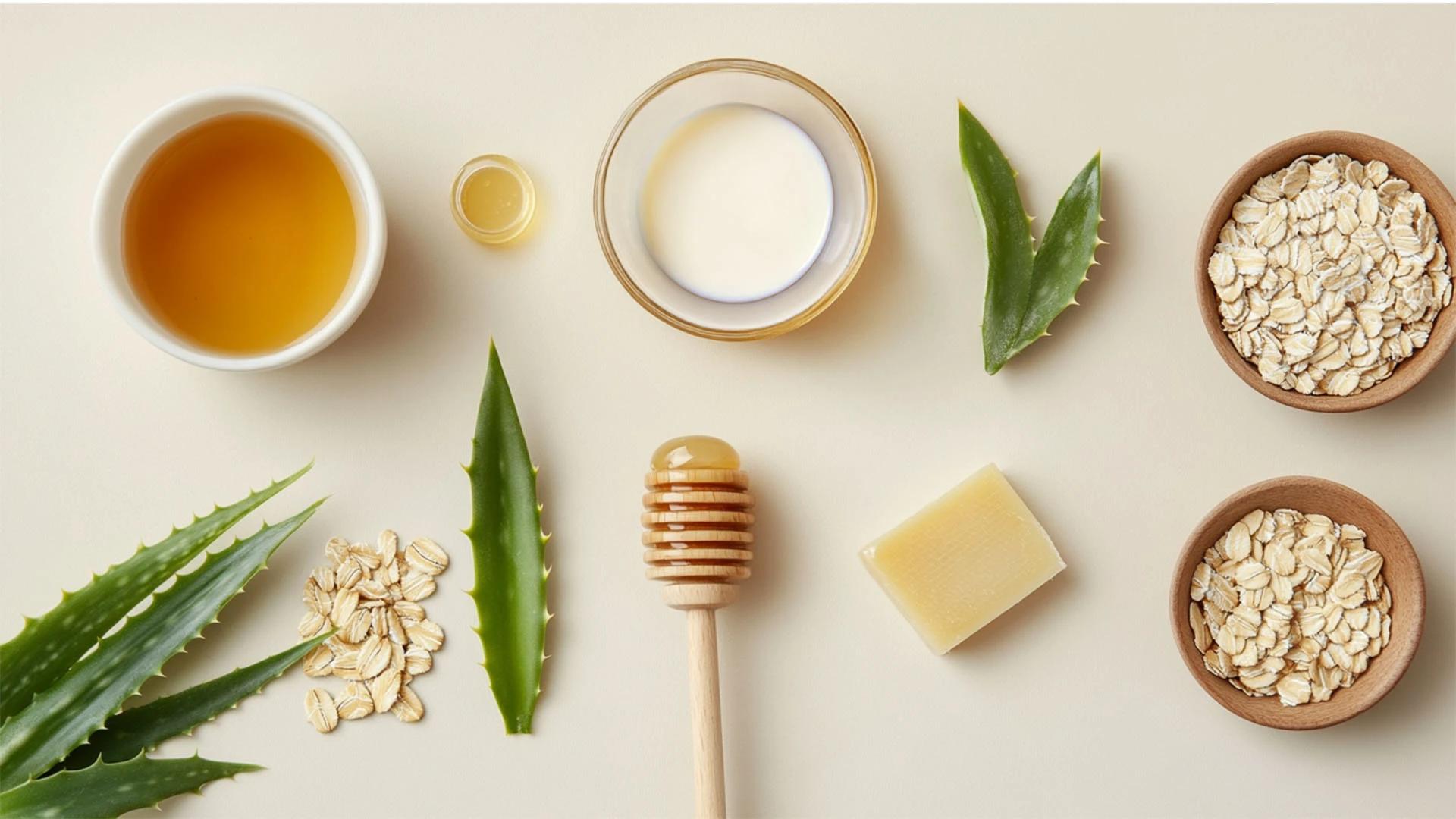Let's be real—oily hair can feel like that one friend who just doesn't know when to stop. You wash it, and by afternoon, it looks like you haven't touched it in days. If you're tired of your scalp producing enough oil to fuel a small engine, you're not alone. The secret isn't washing more often (trust us, that backfires), but finding the best shampoo for oily hair that actually works with your scalp, not against it. We're talking about formulas that cleanse without stripping, control without overdrying, and leave your hair looking fresh for longer than five minutes. Ready to discover your next fave? Let's dive in.
Understanding Oily Hair and Scalp
Your scalp produces oil (called sebum) naturally, and for some lucky folks, it goes a bit overboard. Several factors can trigger excess oil production, and spoiler alert—over-washing isn't the solution you think it is. When you strip your scalp too harshly, it actually produces more oil to compensate, creating a frustrating cycle.
Hormones, genetics, stress, and even the wrong haircare products can all contribute to an oily scalp. Your sebaceous glands work overtime, leaving you with greasy roots that seem to appear overnight. The good news? Sebum regulation is totally achievable with the right approach. Many people think oily hair means dirty hair, but that's just not true. Some of us naturally produce more oil, and that's perfectly normal. The trick is finding products that work with your scalp's natural rhythm rather than fighting against it.
Key Ingredients to Look for in Shampoos for Oily Hair
When you're hunting for the perfect formula, certain ingredients are absolute game-changers. Look for clarifying agents that remove buildup without being too harsh, and ingredients that help balance oil production rather than completely eliminating it. Your scalp needs some oil to stay healthy, so the goal is control, not total elimination.
Effective grease control haircare often includes gentle acids, plant extracts, and lightweight cleansing agents. These work together to cleanse thoroughly while maintaining your scalp's natural balance. The best formulas also include volumizing components that lift your roots and create the illusion of fuller, fresher hair.
Beneficial Natural Ingredients
Tea tree oil is brilliant for oily scalps because it has natural antimicrobial properties and helps regulate sebum production. 

 180 ml
180 ml 200 ml
200 ml 250 ml
250 ml 300ML
300ML